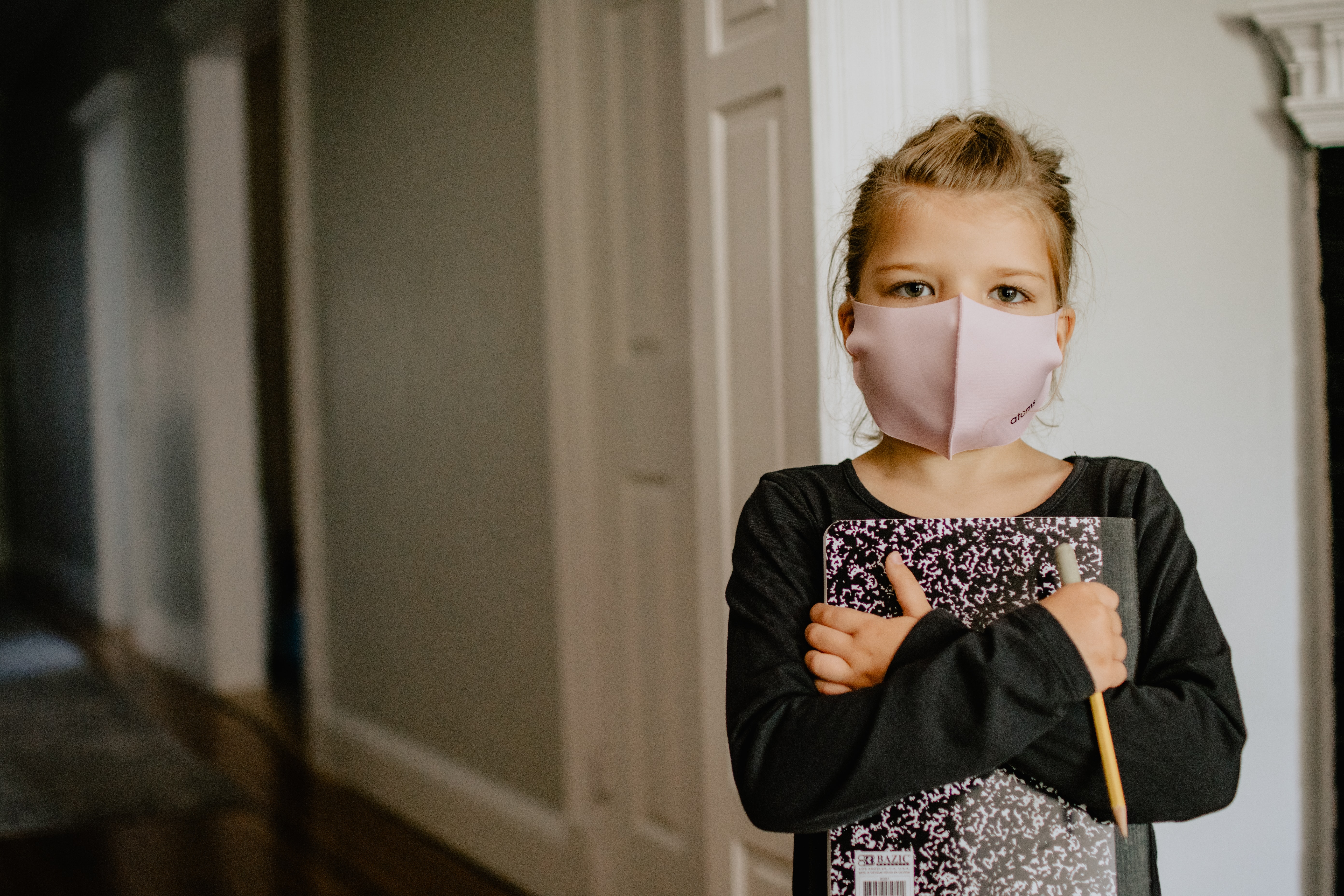COVID-19 is not going away any time soon. It is more likely than not that we are going to be dealing with pandemic-related uncertainty through this year and well into 2021. Given the stresses of the pandemic, which include unemployment, virtual learning, lack of childcare, and the general fear of being inflicted with a disease that could be deadly, it is no wonder that many marriages are falling apart.
The anxiety and confusion that this situation has created is reflected virtually everywhere and among most everyone. Many of the clients in my family law practice are dealing with some aspect of the signature stressors of this moment, whether it is financial or health challenges, or co-parenting disputes related to differing risk tolerance. With remote learning, schedules have fallen by the wayside. Many feel that life is out of control and uncertain.
For many families who are divorced or contemplating divorce, the emotional stakes have increased.
And, to make matters worse, you keep hearing, even in these most stressful of times that have been extended interminably, that you are required to do the right thing and find ways to be your best self and get along with your soon-to-be or former spouse. You are told that you must co-parent, while you and your co-parent can’t even agree on whether your children should attend school in person or remotely, whether the children should participate in extracurricular activities or stay at home. Does your children’s socialization take priority over health risks? Which parent gets to make these decisions when the parents don’t agree?
Every day as a New York family law attorney, I navigate these issues with my clients.
I spoke with Dr. Michael S. Garfinkle, Ph.D., a licensed clinical psychologist and psychoanalyst in private practice in New York, to get his thoughts on how parents can (continue to) successfully work through this unusual and extended time.
Garfinkle says, overall, it continues to be especially important to preserve a good relationship between parents—for both the children and the adults. He has a few specific suggestions to focus on to help make that possible.
Tips for dealing with your co-parent:
- Most important: check your old resentments. Now is not the time to revisit the “bad old days” or get your back up. Be aware that everyone, including your ex-spouse, is making compromises.
- Think about the positive aspects of your relationship and your co-parent’s relationship with the children and acknowledge the sacrifices that your co-parent may be making (e.g., is one parent juggling most of the children’s remote learning and homework while the other parent is working full time? Is one parent working at home and juggling work and the children’s remote learning?).
- Be accommodating and flexible and show gratitude to your co-parent. A heartfelt “thank you” may be disarming and unexpected, and very much appreciated.
- Remember it is OK to say “yes”.
Tips for dealing with your children:
- Be affirmative in telling children about changes to their regular schedules. This “new normal” is replete with changes, and it is always best to be clear so that children know what is going to happen, and what is expected.
- Understand that to some extent the pandemic could reinvigorate a marriage dynamic, particularly if you all have been in the household together. Be aware, however, that this may set up a false narrative for children, and they may fantasize about your reconciliation.
- Remember that your kids may not have the same outlets they did before the pandemic—the ability to see friends freely, play certain sports or see older relatives or grandparents. Take this into consideration as you assess their mood and energy levels.
Most of all, it is critical to remember to protect your emotional well-being and the emotional health of your children. Divorce or separation are difficult enough without adding a pandemic to the mix.
If you are feeling overwhelmed, reach out to friends and family, as well as a therapist or attorney if you have one.
Be sure not to burden your children with your concerns. You are the adult and therefore, you should be dealing with the adult issues of school, scheduling and getting along with your child’s other parent. Be sure that you are fostering the relationship between your children and their other parent as your children are a product of both parents, and need both of you in their lives.
NOTE: This is not intended to serve as legal or mental health advice. Each situation is unique. Please reach out to a local therapist or attorney to address your issues specifically.


